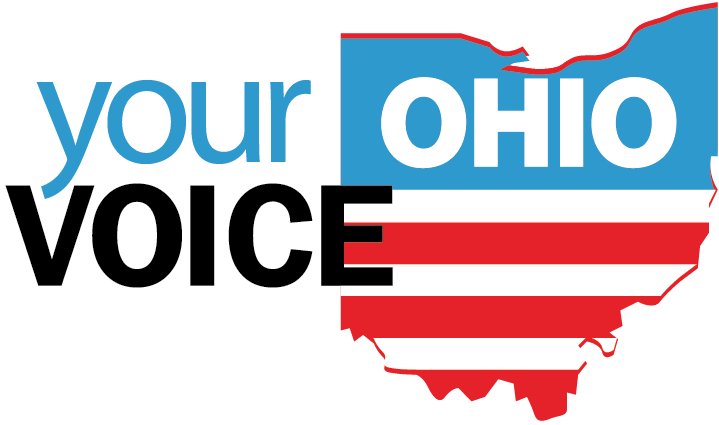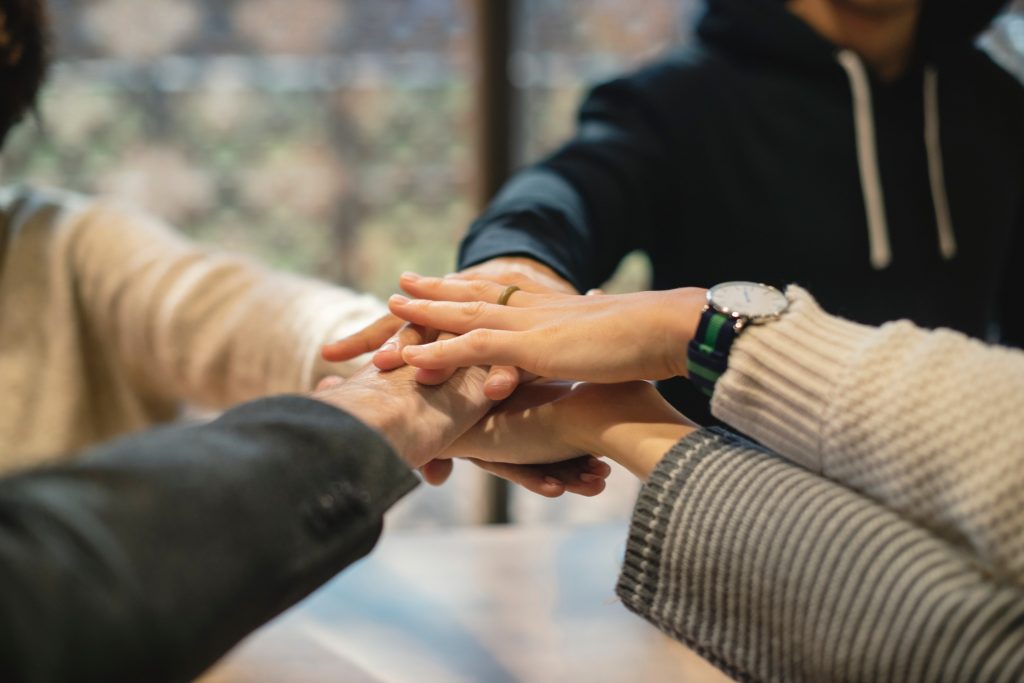When we asked Ohioans to share what they saw as causes of the addiction crisis, many cited boredom, lack of activities, and peer pressure. Even after undergoing treatment for substance use disorder, people face the possibility of falling back into the same toxic routine and friendships they had before seeking help. According to the Substance Abuse and Mental Health Services Administration, recovery will be most successful if people have a safe, comfortable, and secure home, meaningful activities to do such as working, going to school, and volunteering, and a strong community of people that offer encouragement along their journey. On this week’s blog, we take a look at the resources that exist to help people in recovery and their loved ones achieve these goals.
Start with the basics
You can help build strong social support for people who are in recovery through everyday behavior, such as…
- Respectfully remind them to take prescribed medications
- Listen to their concerns about treatment
- Offer to drive them to and from appointments
- Encourage them to reconnect with sober friends
- Connect them to sober friends you may know
- Offer them resources to build their sober networks (including this blog post!)
(Source: Behavioral Health Evolution)
Find a sober living facility
Many recovery houses provide safe and healthy living environments that promote abstinence from alcohol and drugs. They focus on strong peer support, while also promoting services related to addiction, as well as physical, emotional, and spiritual health. When living in these facilities, people often have the opportunity to volunteer and get connected with local recovery communities. It’s also important to note that not all recovery houses are the same: they offer different levels of care and support, depending on the stage of recovery you are in.
Most people use sober living homes as a step between completing intensive treatment and transitioning back to their normal lives. Residents can often stay as long as needed, but they usually pay fees and may be required to help upkeep the facility. According to the Ohio Addiction Recovery Center, most sober living houses in Ohio are privately owned and bill people directly for services, but some facilities do accept insurance and Medicaid/Medicare.
Living in this environment can provide consistent peer interaction and support, where everybody helps hold each other accountable. Guests are encouraged to avoid friends and family that have encouraged them to use substances in the past, and additionally, they are often required or strongly encouraged to attend meetings and 12-step recovery programs such as AA and NA. Participating in these groups can also help build social sober networks.
Peter Ruderman, a psychoanalyst at the St. Louis Psychoanalytic Institute, told CNET, “People go to 12-step programs seeking relationships, and they get tremendous support from the group.”
Visit the Ohio Recovery Housing website to search for recovery housing for yourself or someone else. Many colleges and universities are starting to offer sober living facilities and support programs, like the Collegiate Recovery Community at Ohio State University. The CRC offers services including a recovery house, peer support, sober tailgating, community meals, and financial assistance for students to attend “Clean Break”, an sober Spring Break trip. The Collegiate Recovery website lists schools across the United States that offer similar programs.
Connect to positive peers
Especially if you live in a rural area, it can be difficult to find support meetings. An new app called Sober Grid, available for both iPhones and Androids, “puts a free peer support network right in your pocket” by finding, connecting, and sharing with other sober people. You can also reach out to others using the app for help, turn on your GPS to find other people near you, and share and view inspirational posts about the recovery journey. Many people have used it to share resources with others who were unaware of local services.
Websites including Meetup and Eventbrite also allow people to search for sober social functions, or create their own. People also use Facebook groups, some of which have a local focus, where members can share their recovery stories, plan activities, and ask for support. If one of these groups doesn’t already in your area, it might help others to make one.
Discussion
Are you in recovery, or know someone who is? How have they maintained healthy social support?
Are there sober meetups and events in your community?
Let us know your thoughts. To follow our new research and research of our local media partners, sign up for our weekly news roundup.





